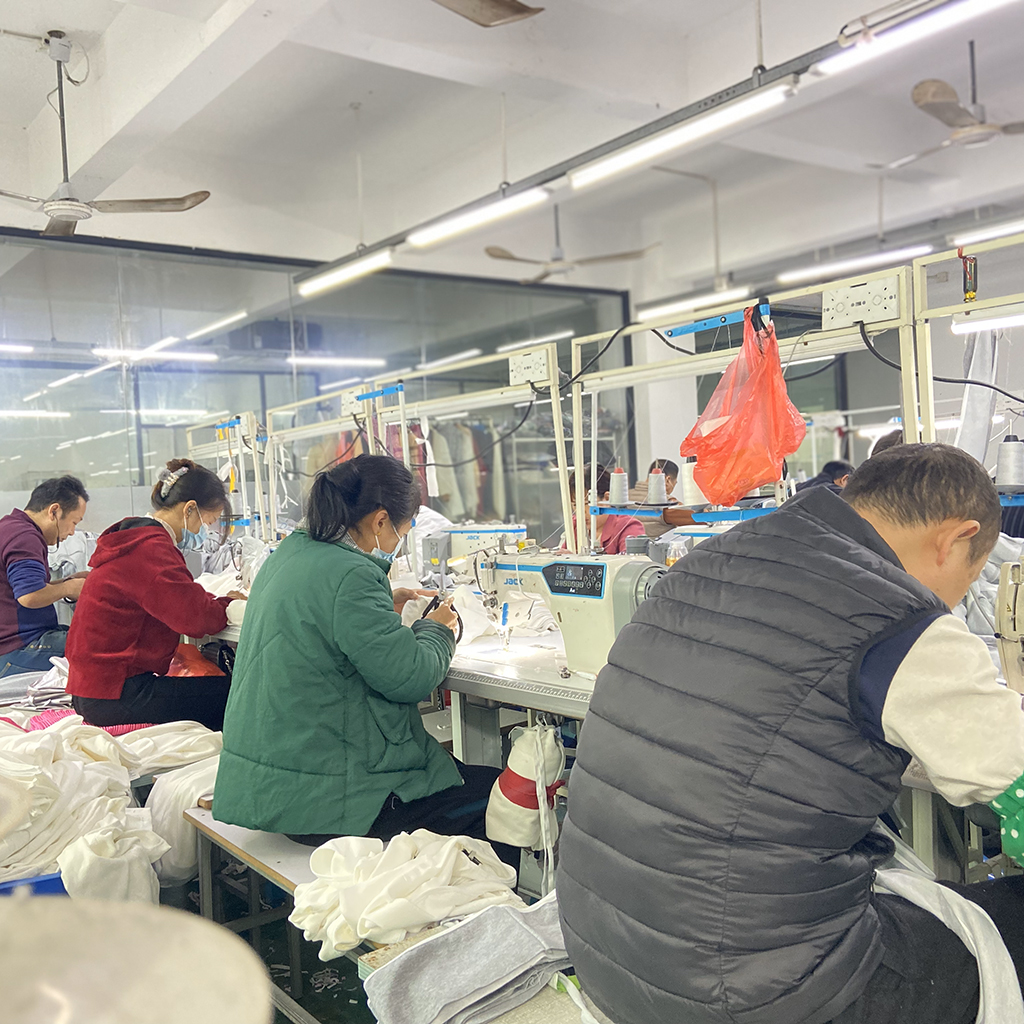Sustainable Fashion: The Importance of Eco-Friendly Practices in the Apparel Industry
Photo: Pexels
kno01042023-04

Photo: Pexels
Sustainable fashion has become increasingly important as consumers and industry professionals recognize the environmental and social impact of the apparel industry. By adopting eco-friendly practices and materials, fashion brands can work towards reducing their carbon footprint, conserving resources, and promoting ethical practices. In this blog post, we’ll explore some key aspects of sustainable fashion and discuss how both brands and consumers can contribute to a more environmentally-conscious fashion industry.
Eco-Friendly Materials
One of the primary ways to promote sustainability in fashion is by using eco-friendly materials. These materials are either biodegradable, produced with minimal environmental impact, or made from recycled sources. Some examples of eco-friendly materials include:
Organic cotton: Grown without the use of synthetic pesticides and fertilizers, organic cotton is a more sustainable alternative to conventional cotton, as it reduces water pollution and promotes biodiversity.
Tencel: A brand name for lyocell, Tencel is a biodegradable fiber made from sustainably-sourced wood pulp. It requires less water and energy to produce compared to many other fibers, making it an eco-friendly choice.
Recycled polyester: Made from recycled plastic bottles, recycled polyester offers a more sustainable alternative to virgin polyester, as it reduces waste and conserves resources.

Photo: Pexels
Ethical Production Practices
In addition to using eco-friendly materials, sustainable fashion also involves ethical production practices. This includes fair labor practices, responsible supply chain management, and reducing waste throughout the production process. Some ethical production practices to consider include:
Fair wages and working conditions: Ensuring that workers involved in the production of garments are paid fairly and work in safe, healthy environments.
Local production: Sourcing materials and producing garments locally can help reduce the carbon footprint associated with shipping and transportation.
Zero-waste design: By designing garments with minimal waste in mind, fashion brands can help to reduce the amount of fabric discarded during the production process.

Consumer Choices and Mindful Shopping
Consumers also play a crucial role in promoting sustainable fashion. By making mindful shopping choices and supporting brands that prioritize eco-friendly practices, consumers can help drive positive change in the industry. Some ways consumers can contribute to sustainable fashion include:
Choosing quality over quantity: Investing in well-made, durable garments that will last for many years, rather than buying cheap, disposable clothing.
Supporting sustainable brands: Research and support brands that prioritize eco-friendly materials and ethical production practices.
Extending the life of clothing: Properly caring for garments, repairing damaged items, and donating or reselling clothing instead of discarding it can help to reduce waste and extend the life of clothing.

Photo: Pexels
Sustainable fashion is an essential aspect of the apparel industry’s future, as it addresses the environmental and social impact of fashion production and consumption. By adopting eco-friendly materials, ethical production practices, and making mindful shopping choices, both brands and consumers can work together to create a more sustainable fashion industry.
Google: D&J Fashion Manufacturer
Leave us a Google Review
Facebook: dnjfashionofficial
Instagram: dnj_fashion_official
Linkedin: D&J Garment Manufacturing and Supply Chain
Pinterest: dnjfashion
Youtube: @dnjfashion_official
Tik Tok: @dnj_fashion

